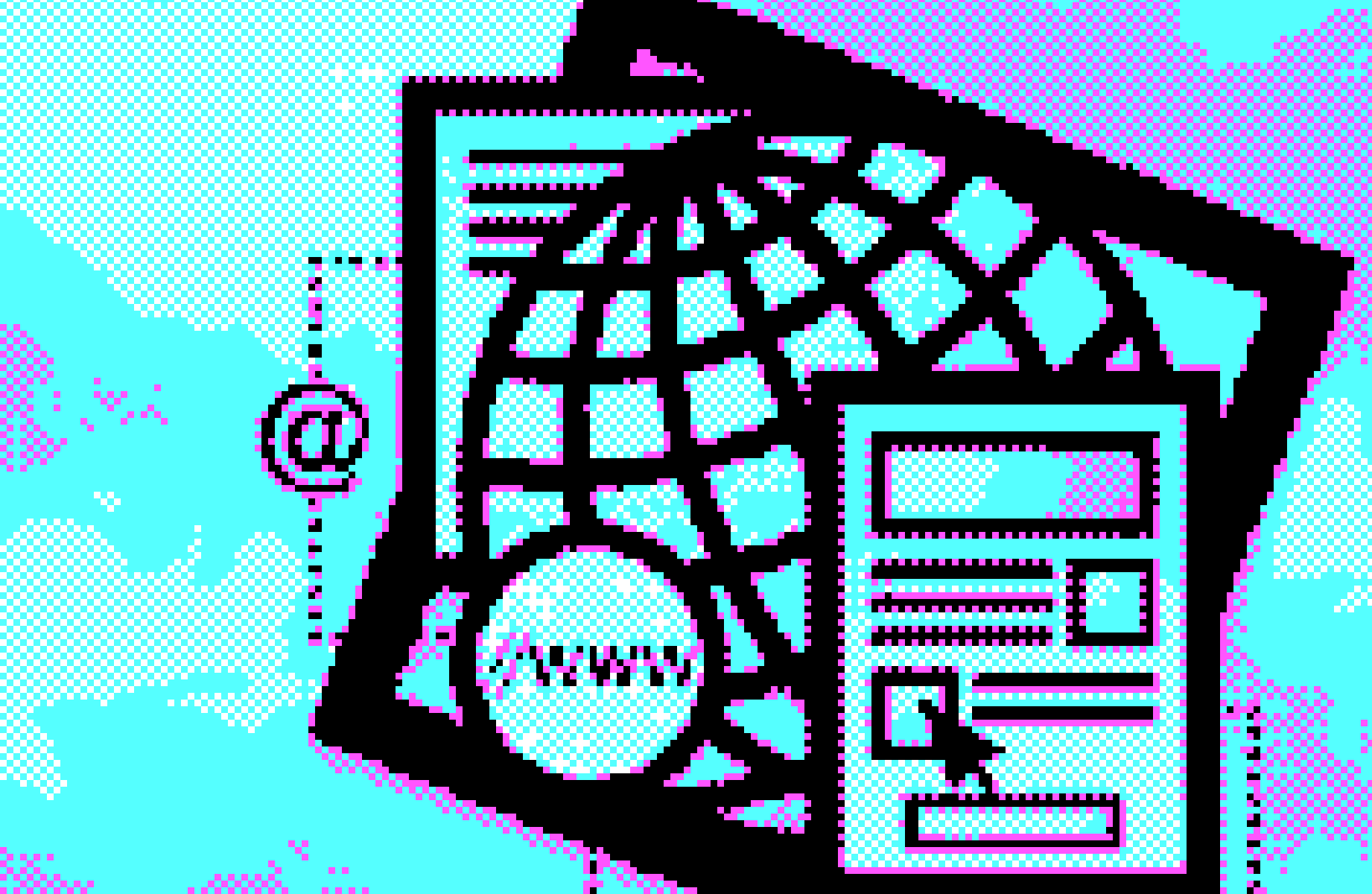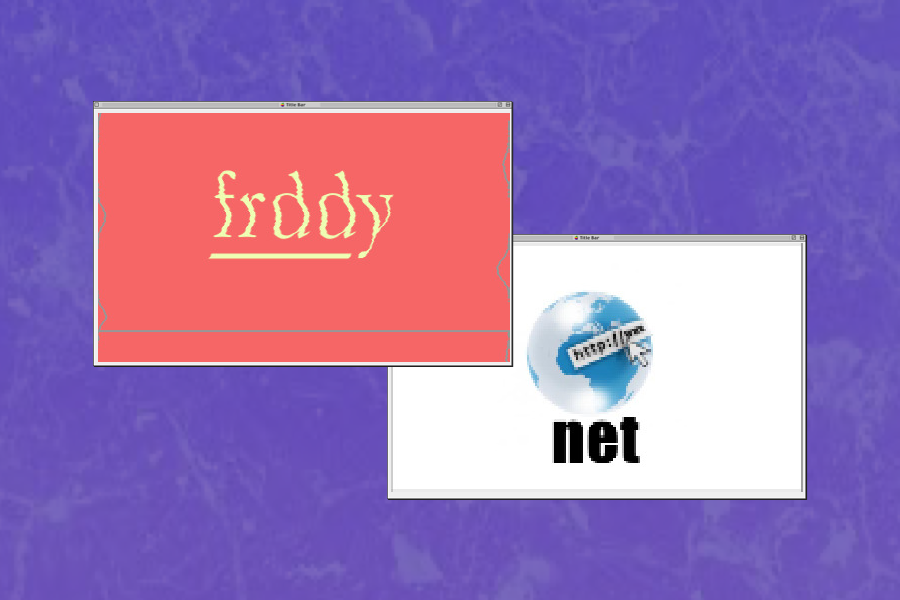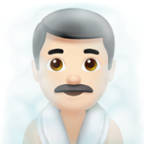Koop een domeinnaam, red het web
Links zijn op sterven na dood. Domeinnamen terug springlevend.

Get a domain, save the web
The death of the hyperlink. And the resurrection of the domain.
We don't need reminders that Big Tech companies are not the best stewards for the internet. And I'm not referring to how their platforms and its business models wreak havoc on our individual and societal well-beings.
Rather how their walled gardens threaten the fundamental nature of the web. Namely ... that it's a web.
The death of the hyperlink
I was positively triggered by journalist and internet reporter Matt Pearce in defense of the 'link tax', where platforms like Google or Meta are forced by regulators to pay publishers to link to news articles. That's not how the internet works, right? Precisely: the internet doesn't work. Not anymore.
“My God, you’ll destroy this fundamental way of how the internet works.”
I’m like, dude, these companies are already destroying the fundamental way of how the internet works.
Pearce has a point. Feeds on LinkedIn, Facebook or Twitter have been demoting posts with hyperlinks for quite some time now. Instagram has been borderline hostile to linking out.
Because why would you lead people away from your platform? Why not sap more of their attention, and turn that into even more ad dollars?
Now, I'm not sure a link tax is a good solution. But regulation will be needed to address the dire state of the web, where a handful of mega websites are gobbling up an ever-growing piece of the internet pie.
Luckily, there's something we can do: get a domain.
The resurrection of the domain: blogging and POSSE
It would not be entirely out-of-character for me to be grandstanding, and claim I'm saving the internet some 4 weeks into my return to blogging. But it's a powerful thing. Not just because it's nice to have a place to collect your thoughts through writing. It's also nice to have a place to keep them.
Now: posting is not journaling – we all want our writings to reach an audience. (And not everyone is going to subscribe to your RSS feed.) Enter POSSE. An acronym that sounds kind of cool, and explains itself really well: Post (on) Own Site, Syndicate Elsewhere. It even has an out-of-state nephew, PESOS: Publish Elsewhere, Syndicate (to your) Own Site. Point being: it's OK to share your content where your audience is. Just do your own bookkeeping too.
To find out more, here are a few excellent articles by Molly White, The Verge's David Pierce, and writer/OG Cory Doctorow. For Dutch-speakers, there's a Computer Club episode on the topic:

The resurrection of the domain: identity
Speaking of podcasts, a recent episode of Dot Social made me even more enthusiastic about owning a domain. Host Mike McCue had Bluesky CEO Jay Graber on his excellent podcast about the social web.
Now, I'll save you the fediverse gospel (for now). But there were two things she mentions about domains that made things click for me:
- It's the ultimate identifier. Imagine a future where we no longer need to say, 'I'm @NonkelFreddy on Instagram, and @Freddinosaurus on Trex.') You can just say, 'Find me at frederikdb.com,' and let that be your handle across the multiweb. As an added bonus, people can just visit your website, see what platforms you camp out on, and follow you on a service of their choosing.
- Another big benefit you get with domains: verification. (Built-in, so without necessarily putting that burden on platforms.) Because US Senator Ron Wyden posts to Bluesky from '@wyden.senate.gov', you know it's him. The same goes for the New York Times and its reporters '@nytimes.com'. (It's really simple too: I just created an account for '@frederikdb.com' in under 5 minutes.)
Small scale excitement
I'm not naive. It will take a lot more than internet users setting up their own domains and websites, to provide real counterweight to the overweight monopolies dictating the web.
But it's something.
For starters, it's nice to retake control, even if it's just bits and bytes, left and right. Mostly, it's making the internet exciting again, which is something I haven't felt in a long time.

